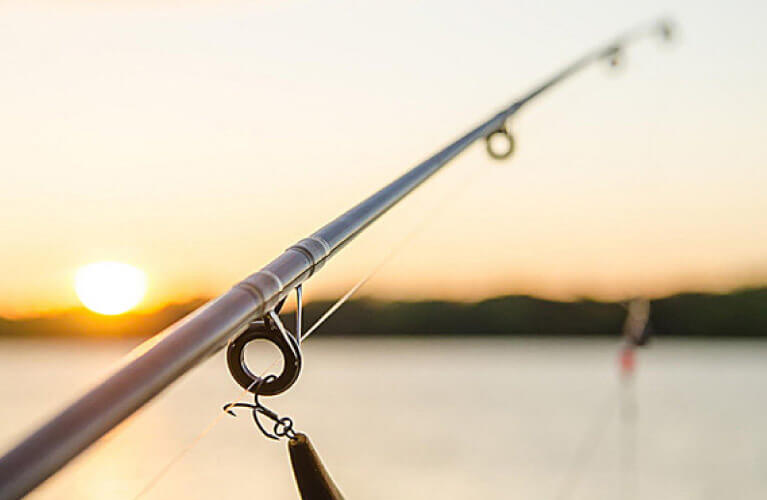For most people, going fishing means not having more than a fishing rod, some bait, and a hook. But those who like to fish on a regular basis will know that there are a lot of other pieces of gear available that can make the experience that much more successful. From a range of different kinds of lures, fishing rods, reels, and more, fishing can be a fulfilling and complete hobby.











